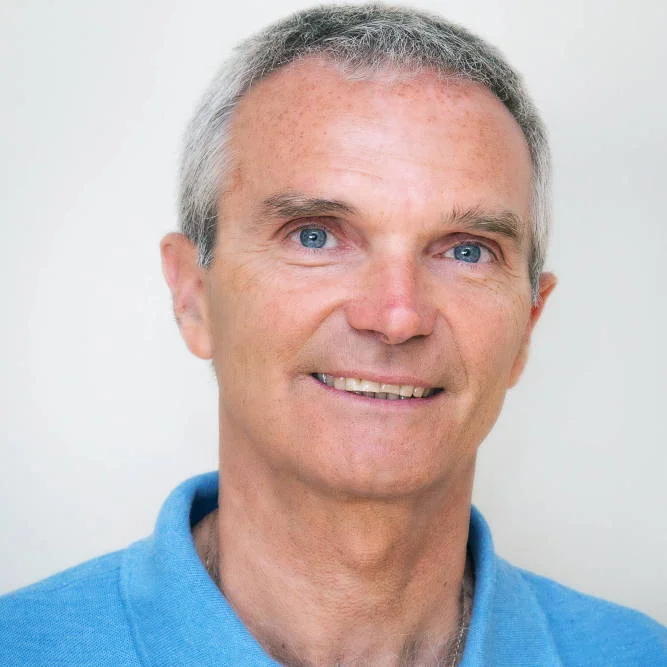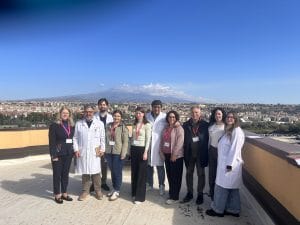Prof. Riccardo Polosa held a lecture on “Accelerating healthy lifestyles: the case for Tobacco Harm Reduction” during the 56th Annual Scientific Meeting of ESCI, the European Society for Clinical Investigation.
ESCI is the European Society for Clinical Investigation that hosts every year a national conference to give young investigators the chance to meet, discuss, criticize and learn, while in close contact with senior scientists delivering top lectures.
Prof. Riccardo Polosa, one of the world leading expert in the field of tobacco harm reduction and founder of the CoEHAR, was invited to the prestigious meeting to hold a lecture on Tobacco Harm Reduction, a strategy already adopted internationally by public health authorities to reduce the harm caused by tobacco smoking.

The lecture offered a comprehensive view of the evidence on electronic cigarettes and heated tobacco products: according to numerous studies, including those coordinated by CoEHAR, e-cig are much less harmful than combustible cigarettes and science shows that nicotine isn’t the primary cause of smoking-related diseases.
Providing smokers with alternative products that do not combust tobacco is the key to harm reduction: ecigs provide a smoking-like experience and allow to reduce comorbidities of several disease, such as COPD or diabetes.
Thank to a study conducted on COPD patients who switched to electronic cigarettes, researchers were able to notice a marked reduction in cigarette consumption, improved lung function, better quality of life and less respiratory exacerbations.
During the lecture, Prof. Polosa presented the DIASMOKE project, that will be the first study to determine an overall health impact of combustion-free nicotine delivery systems in diabetes and its cardiovascular risk.
At a population level, the impact of electronic cigarettes can lead to interesting phenomena, such as in Japan, where the sales of ecigs and heated tobacco products led to a 34% reduction in cigarette sales in just 4 years.
“It is clear that the harm of combustible cigarette can be dramatically and relatively easy reduced” stated prof. Polosa “But in order to do that, we need now more than ever policies that can support THR strategies at a global level. It’s time to change the quitting scenario, especially for those smokers who want to stop smoking: conventional methods are not always the best solution. In those countries where ecigs and heated tobacco products are adopted as a tool for smoking cessation, the cigarette sale dropped dramatically and people could benefit from a new option whit interesting effect on health“.
According to the scientist, the prevalence of smoking is still too high and current tobacco policies are not enough: tobacco harm reduction policies are not an option but a necessity and their adoption will contribute to helping smokers adopting healthier lifestyles.
From 8 to 10 June 2022, ESCI had welcomed researchers to the 56th Annual Scientific Meeting in Bari. The 2022 meeting focus was “Promoting Biomedical Research, Equal Health and Environment in the post-Covid Syndemic Era”.
During the congress, ESCI hosts several pre-courses activities, and specific workshops covering a wide range of timely topics spanning from gut-liver-body axis & lifestyles to mitochondrial biology, cardiovascular, bioinformatics, ultrasonographic, regenerative/genomic, surgical, membrane transporters, autoinflammatory, microbiome and gender medicine aspects.




